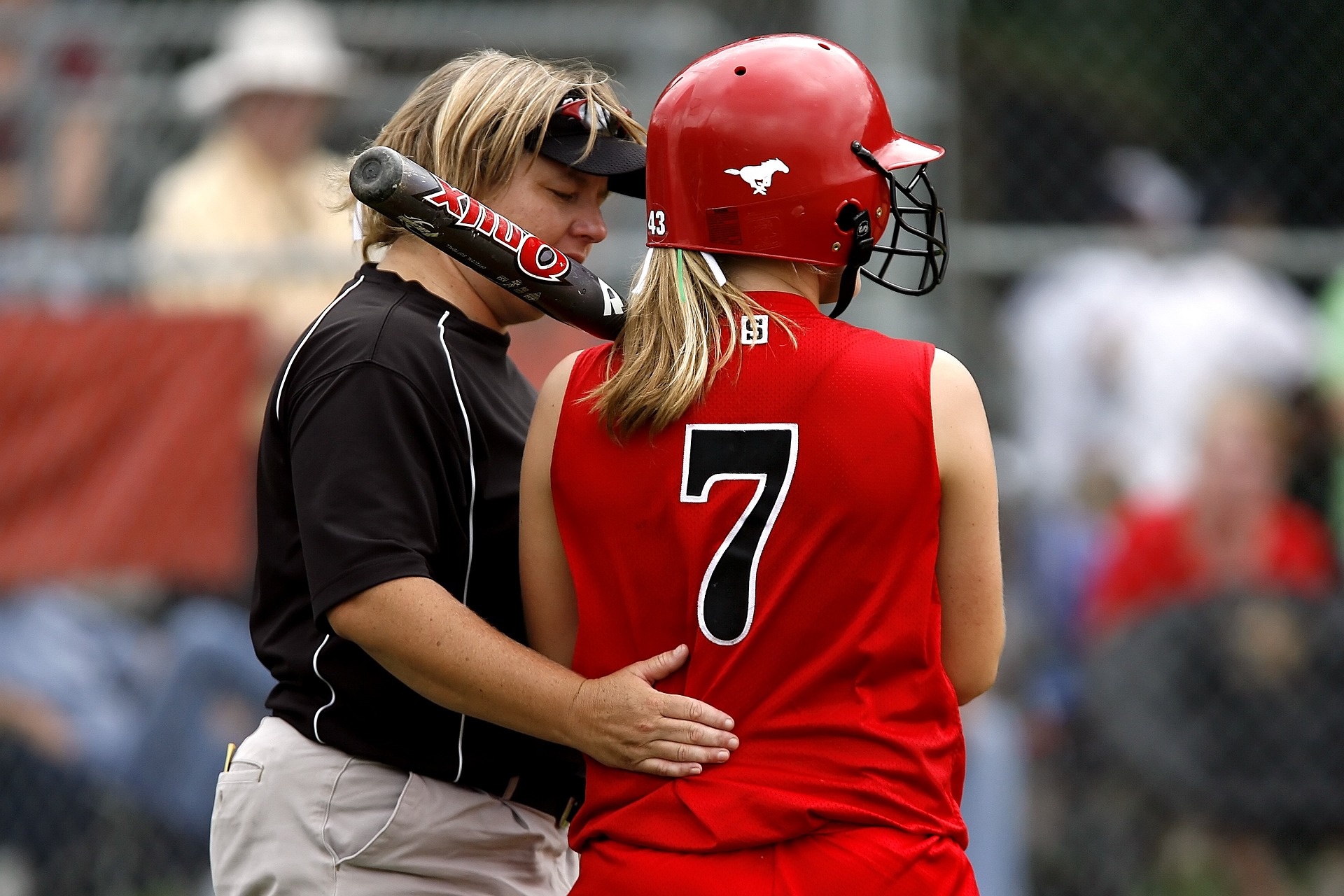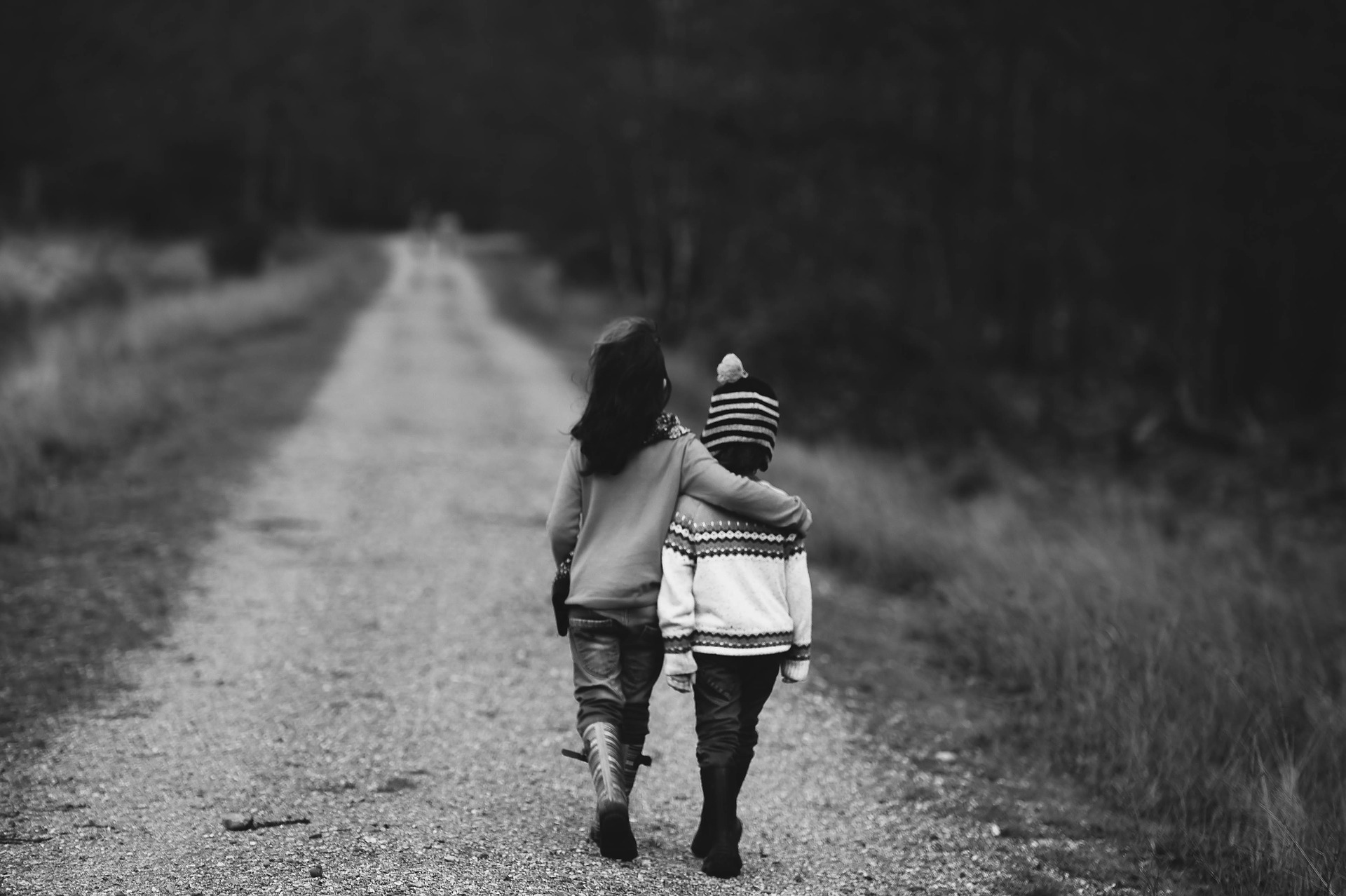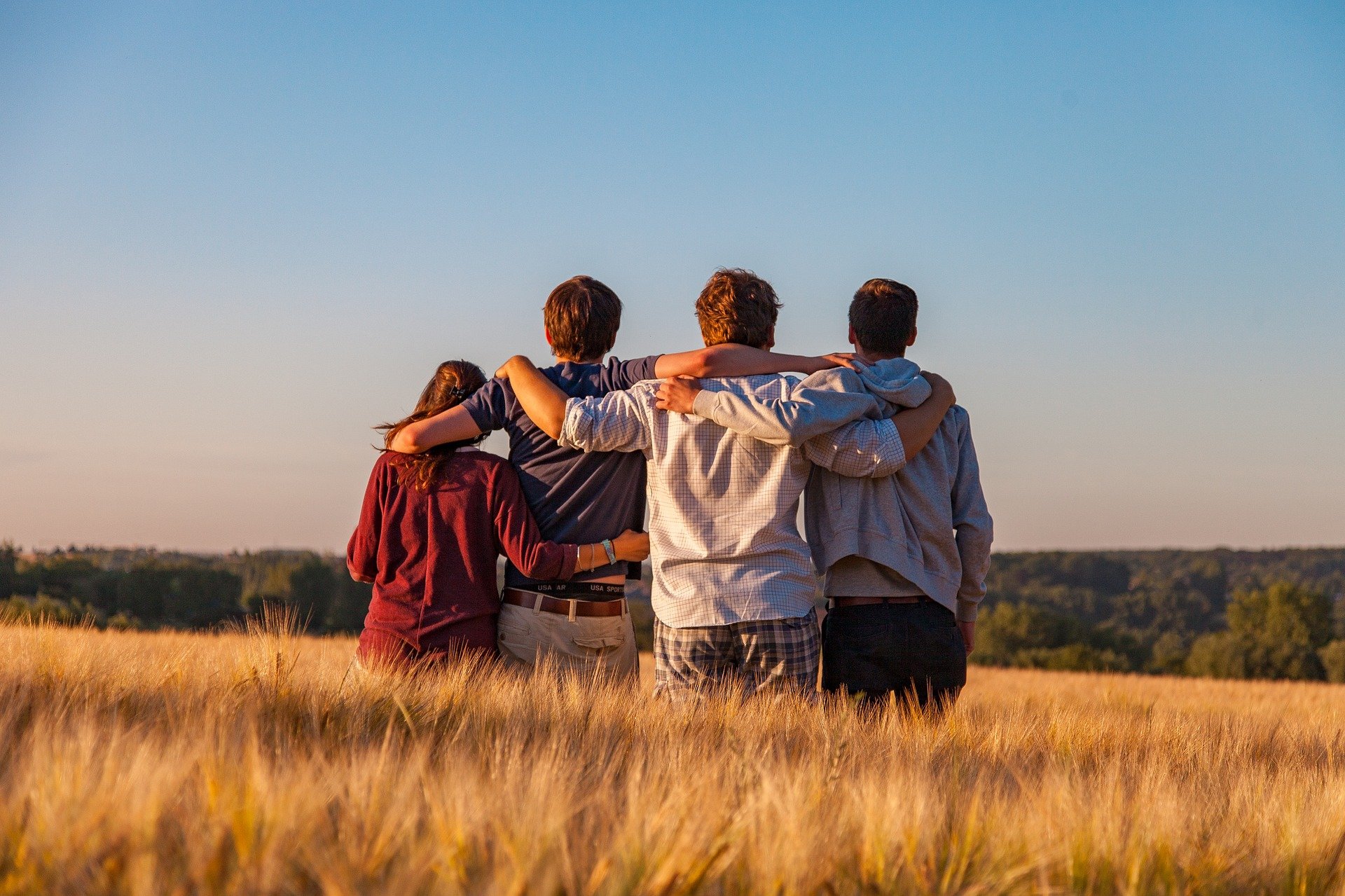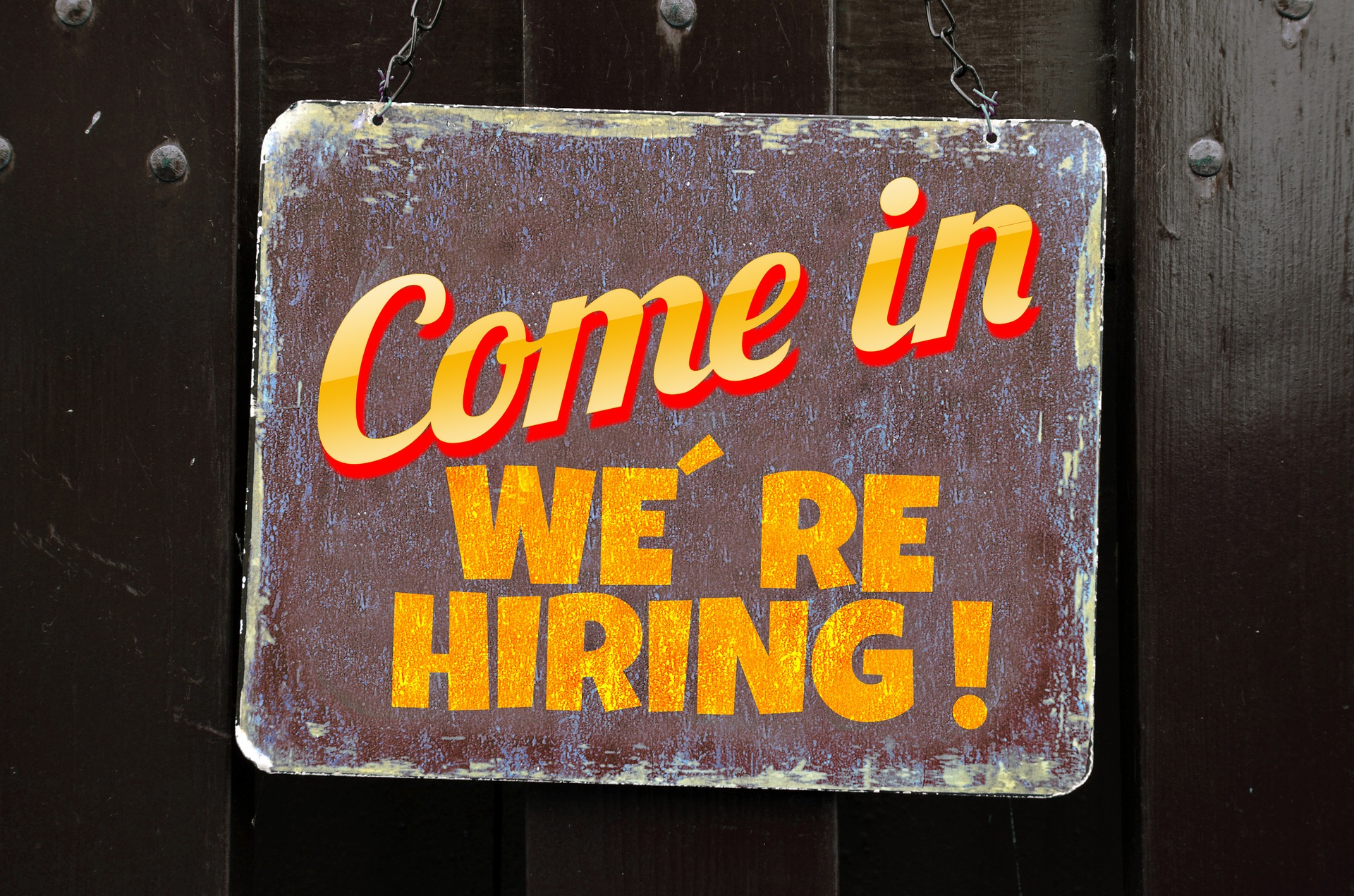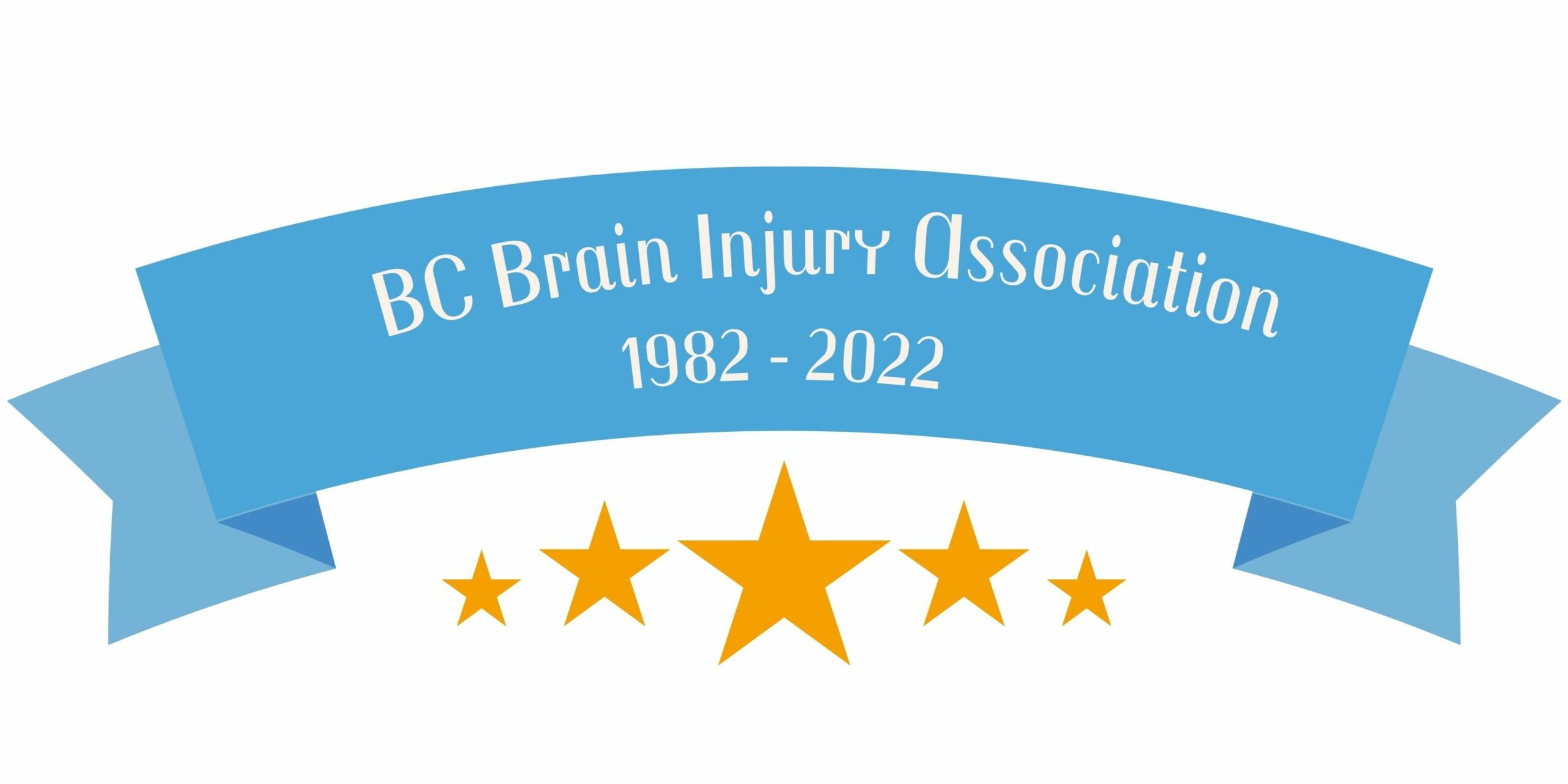British Columbia hosts its first annual Concussion Awareness Week.
September 26th to October 2nd is British Columbia’s first annual Concussion Awareness Week. The BC Injury, Research and Prevention Unit (BCIRPU) and Concussion Awareness Training Tool (CATT) have partners to run a campaing aimed at raising awareness about concussion and to encourage British Columbians to learn how to prevent, recognize, respond to, and manage this invisible injury.
Each year in BC, 600 individuals are hospitalized for a a concussion, and an estimated 14,500 visit the emergency departments.
In an article from BCIRPU, Dr. Shelina Babul is quoted, “When well-managed, approximately 70 to 85 per cent of concussions will resolve without complication,” says Dr. Shelina Babul, associate director and sports injury specialist for the BCIRPU and clinical associate professor at the faculty of medicine at the University of British Columbia. “That’s why we want British Columbians to know how to recognize concussions, what to do should one occur and know where to find credible and up-to-date information.”
To learn more about CATT, click here.
To get involved and help increase concussion awareness, download the Concussion Awareness Tool Kit.
Concussion Facts:
- Concussions are the most common form of head injury caused by an impact or forceful motion of the head or other part of the body, resulting in rapid movement of the brain within the skull.
- Most concussions DO NOT include a loss of consciousness. Loss of consciousness occurs in less than 10% of diagnosed concussions.
- Every year more than 5,000 children in BC between the ages of 0 – 14 years are diagnosed with a concussion.
- Causes of concussions vary depending on age, but include falls (at home in young kids), sports, recreational activities, and road-use (cycling, pedestrian incidents, vehicle collisions).
Source: BCIRPU
Additonial Resource:
MyGuide Concussion provides current best practice knowledge to help adults with concussion manage symptoms, develop skills and confidence to take action in their recovery and feel empowered to get back to their life after a concussion.

